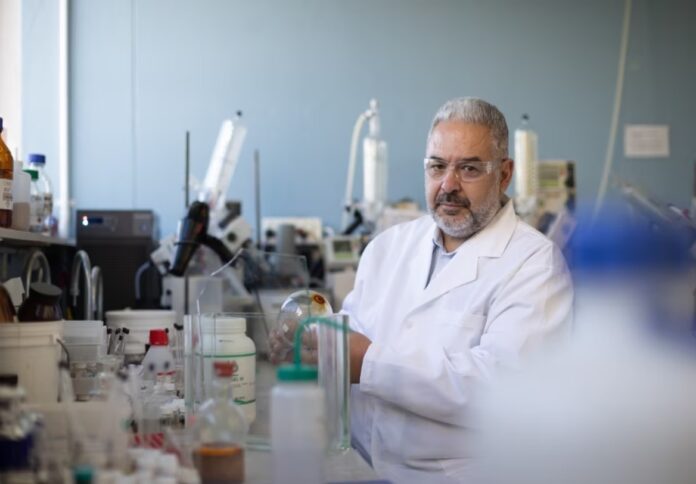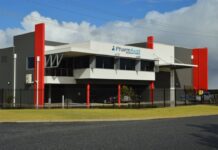
Kinoxis Therapeutics, a University of Sydney spinoff, announced a partnership with German pharmaceutical company Boehringer Ingelheim to develop precision therapies that target oxytocin aimed at enhancing the quality of life for people with psychiatric disorders.
The collaboration, which could result in payments of up to USD 181 million (AUD 273 million) plus royalties on any future sales, makes Kinoxis a major player in the world of precision medication research for illnesses like schizophrenia, depression, and dementia.
In particular, the agreement with Boehringer Ingelheim will kick off the development of medicines for these illnesses with chemical compounds manufactured by Kinoxis that target the oxytocin receptor.
These compounds were found as a result of medicinal chemistry initiatives run by Professor Michael Kassiou, a co-founder of Kinoxis, of the Drug Discovery Initiative and School of Chemistry, which also featured Dr Tristan Reekie, who is currently the head of medicinal chemistry at Kinoxis.
Kinoxis Chief Scientific Officer and co-founder Associate Professor Michael Bowen of the School of Psychology and Brain and Mind Centre and his team have been evaluating the potential therapeutic use of the compounds and different approaches to targeting the oxytocin receptor.
The associate professor said he has spent 15 years researching the oxytocin system as a potential target for developing new treatments.
“It’s truly special to be partnering with a leading global pharmaceutical company that shares our vision for its potential to transform the way we treat disorders of the brain and mind,” Bowen noted.
According to the university, the partnership will bring significant funding to support further research in the School of Chemistry, School of Psychology, and the Brain and Mind Centre that will be conducted in close collaboration with experts from Boehringer Ingelheim and Kinoxis.
University of Sydney Vice-Chancellor and President, Professor Mark Scott, described the partnership as “a shining example” of why the University is so committed to supporting research translation and commercialisation and the innovators who want to bring their ideas to life.
Meanwhile, Professor Kassiou shared that more than three million Australians suffer from illnesses that impair social functioning.
The oxytocin receptors in the brain have emerged as an attractive drug target but they have been intractable with small molecules, said the professor.
He added that his group started investigating the chemistry and pharmacology relating to the oxytocin receptor more than 10 years ago, discovering a series of small molecules, now licensed to Kinoxis, that allowed them to target the oxytocin receptor in ways not possible in the past.
“As lead inventor and co-founder of Kinoxis I am proud of what has been achieved,” Kassiou said.
Kinoxis CEO Hugh Alsop expressed his delight in teaming up with the German pharmaceutical firm in a push to bolster the development of the company’s oxytocin receptor targeting compounds.
“This collaborative effort will enable development of these molecules to address the significant unmet needs of individuals living with mental health conditions,” Alsop noted.


















